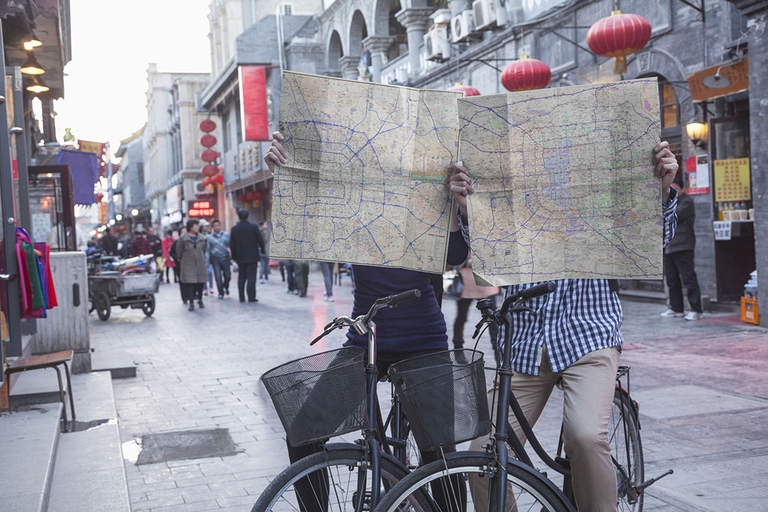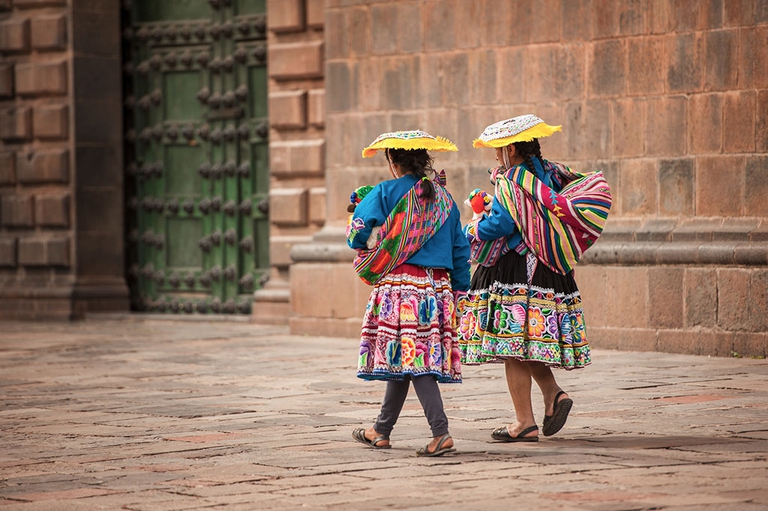
Niseko, Toya-Usu and Shiraoi are three Hokkaido destinations for travellers who want to feel close to the communities they’re visiting.
The United Nations General Assembly declared 2017 as the International Year of Sustainable Tourism for Development, to foster environmental conservation and economic growth.
Tourism, as a sector that fosters human and environmental wellness, must be an opportunity, not a problem: that’s why the United Nations General Assembly decided on 7 December 2015, that 2017 would be the International Year of Sustainable Tourism for Development. Fifteen years after the first celebrations of sustainable tourism, the UN felt the need of using this market sector – whose annual revenue amounts to about 1,260 billion dollars – to promote environmental and human wellness.
The concept of sustainable tourism was introduced in 1988 – about one year after the definition of sustainable development – by the World Tourism Organisation (UNWTO); it defines a way of travelling that doesn’t impact the natural, social, historic and cultural environment and doesn’t discourage the development of social and economic activities. Basically, it has a low environmental impact and has the objective of recovering the economy of poor countries.
Sustainable tourism is defined as the contrary of mass tourism, which has a high impact and doesn’t foster economic, social and environmental development in poor countries.
Tourists often have a very high impact; data collected by the European Environment Agency (EEA) confirm this: according to a study conducted in 2015 and updated in November 2016, European tourists daily consume from 3 to 4 times more water than they normally consume, while the EU air transport industry is one of the most polluting.
The International Year of Sustainable Tourism for Development was established to raise awareness on environmental issues and transform tourism into a motor for sustainable development in poor countries. As well as to highlight that environmental protection must go hand in hand with social equality.
According to UNWTO Secretary General, Taleb Rifai, the establishment of the International Year of Sustainable Tourism for Development is “a unique opportunity to build a more responsible and committed tourism sector that can capitalize its immense potential in terms of economic prosperity, social inclusion, peace and understanding, cultural and environmental preservation”. This confirms the opinion of global leaders, who during the United Nations Conference on Sustainable Development (Rio + 20) told that “well-planned and well-managed” tourism can contribute also to creating jobs and foster trade.
In 1998 the United Nations General Assembly declared 2002 as the International Year of Sustainable Tourism, highlighting the issue of pollution generated by mass tourism.
Siamo anche su WhatsApp. Segui il canale ufficiale LifeGate per restare aggiornata, aggiornato sulle ultime notizie e sulle nostre attività.
![]()
Quest'opera è distribuita con Licenza Creative Commons Attribuzione - Non commerciale - Non opere derivate 4.0 Internazionale.
Niseko, Toya-Usu and Shiraoi are three Hokkaido destinations for travellers who want to feel close to the communities they’re visiting.
Sharon Lavigne, one of the six winners of the 2021 Goldman Environmental Prize, is fighting to protect her community from plastics corporations.
Plastic pollution is airborne too. Microplastics are being carried across continents by the wind, as a recent study reveals.
Levels of particulates in New Delhi in 2020 were once again far above safety thresholds, with extremely serious health consequences for its citizens.
A major oil spill in the Ecuadorian Amazon in April has left the Coca River polluted. The indigenous Kichwa are suing the companies whose pipelines broke.
Molecules that eat up plastic waste, including PET bottles, may soon become widely used as scientists leap ahead in developing new super enzymes.
In Italy’s Land of Fires between Naples and Caserta, activists like Carmen Medaglia are fighting to promote new ways of managing waste.
Toxic substances in Kamchatka’s waters have killed 95% of marine fauna and caused health problems for surfers. The causes, however, are still unknown.
A Magellanic penguin was found lifeless on a Brazilian beach: in its stomach, an N95 face mask. Researchers believe the animal died from ingesting it.









